If you’ve recently undergone Ambulatory Blood Pressure Monitoring (ABPM), you may wonder what lifestyle changes you should make based on the results. ABPM involves wearing a portable device that takes your blood pressure periodically over 24 hours. If it uncovered hypertension or irregular patterns, don’t worry – with the right strategies, you can still live fully and lower your risks. In this blog, Heart Station, a renowned cardiac diagnostic centre in Pimlico, Australia, will discuss some important strategies to follow after an ABPM. If you are looking for the best Ambulatory Blood Pressure Monitoring Centre Near Me, visit our clinic today. Here, you can get free cardiac tests if you have a referral from any physician in Townsville, Pimlico and have Medicare. So you don’t need to worry about Ambulatory Blood Pressure Monitoring Cost.
Now, let’s have a look at the detailed discussion:-
- Monitor at Home
- Adjust Your Treatment Plan
- Improve Your Diet
- Increase Physical Activity
- Reduce Stress
- Optimize Sleep Habits
- Know Your Triggers
- Don’t Smoke
Monitor at Home:
Now that you know what your average blood pressure is ask your doctor for a high-quality home monitoring device. Check your levels daily at different times like morning, evening and during stress. Keep a log of your readings to identify patterns and triggers. Home monitoring helps you catch uncontrolled hypertension between doctor visits.
Adjust Your Treatment Plan:
Make sure your treatment plan is tailored to your unique circadian patterns from Ambulatory Blood Pressure Monitoring. For example, if you have higher readings in the early morning, your doctor may adjust medications to better control morning spikes. Don’t skip medications, and work closely with your physician to optimize your regimen.
Improve Your Diet:
You can lower your blood pressure dramatically by changing your diet to a heart-healthy one. Eat lots of fruits, vegetables, lean protein, fibre, and potassium-rich foods, and keep your daily sodium intake to 1,500 mg. Additionally, cut back on processed meals. Steer clear of alcohol in excess as it might create surges.
Increase Physical Activity:
Adding regular moderate exercise helps lower blood pressure through healthier arteries, weight loss and reducing stress hormones. Aim for 150 minutes per week of exercise like brisk walking, swimming, cycling or cardio classes. Check with your doctor about activity restrictions before ramping up your fitness routine.
Reduce Stress:
Chronic stress hormones like cortisol can contribute to hypertension. Make lifestyle changes to better cope with stress, such as therapy, meditation, yoga, tai chi, journaling or creative hobbies. Prioritize relaxation, delegate tasks, simplify obligations and carve out quality time for yourself. Managing stress helps stabilize blood pressure.
Optimize Sleep Habits:
Poor sleep can increase the risk of hypertension. Once your Ambulatory Blood Pressure Monitoring is done, aim for 7-8 hours per night by optimizing sleep hygiene habits. Establish a calming bedtime routine, limit electronics before bed, avoid caffeine in the evenings and create a restful sleep environment.
Know Your Triggers:
Analyze your ABPM report to identify activities or situations that may trigger blood pressure spikes, like high-stress meetings or intense exercise. Avoid triggers when feasible, or be prepared to counteract them with relaxation techniques.
Don’t Smoke:
Smoking raises your risk for hypertension and heart disease. If you currently smoke, get support to help you quit. Avoid secondhand smoke exposure. Eliminating tobacco use will greatly benefit your cardiovascular health.
Closing Words
Ambulatory Blood Pressure Monitoring provides you with valuable data to take charge of your health. Adjusting your treatment plan, diet, activity levels, and stress management will help you control your blood pressure. With a commitment to heart-healthy living, you can thrive after ABPM testing. Contact Heart Station in Pimlico, Australia, today if you are searching for a reliable Ambulatory Blood Pressure Monitoring Centre Near Me.

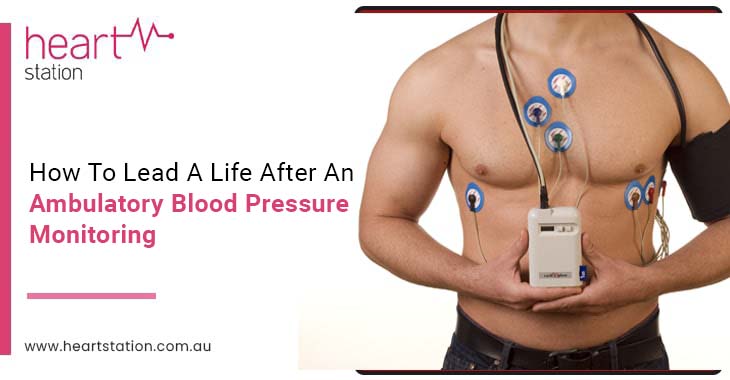
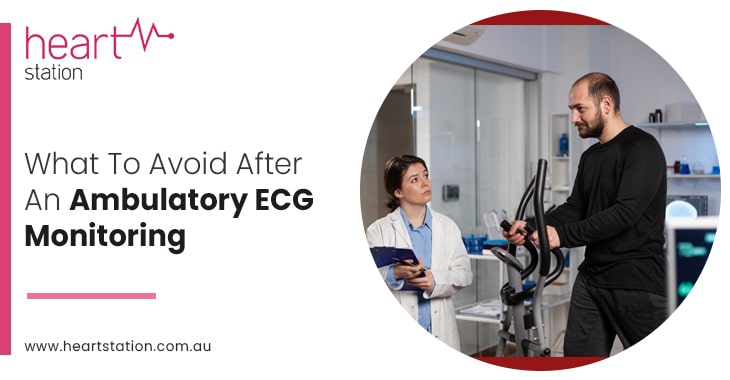
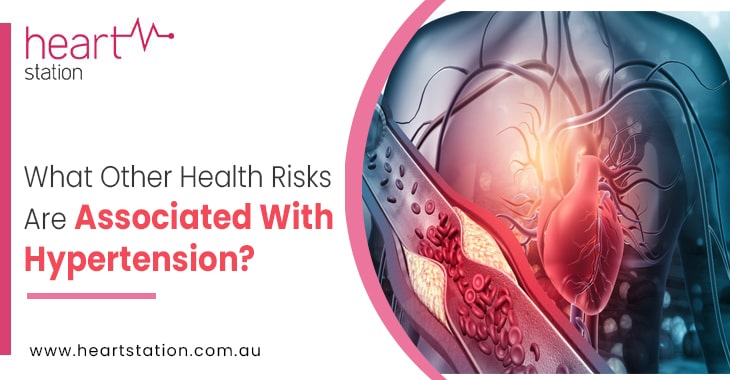
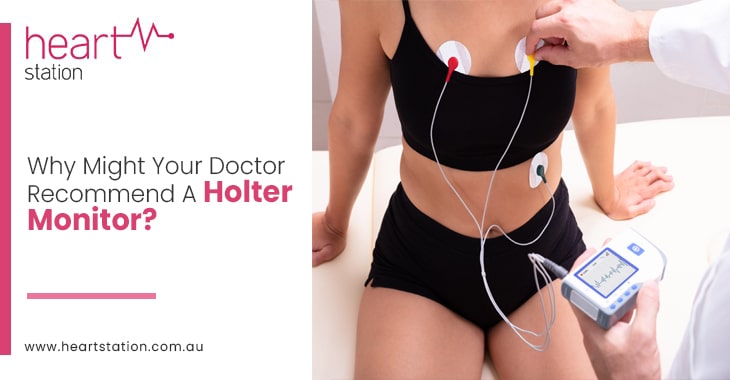
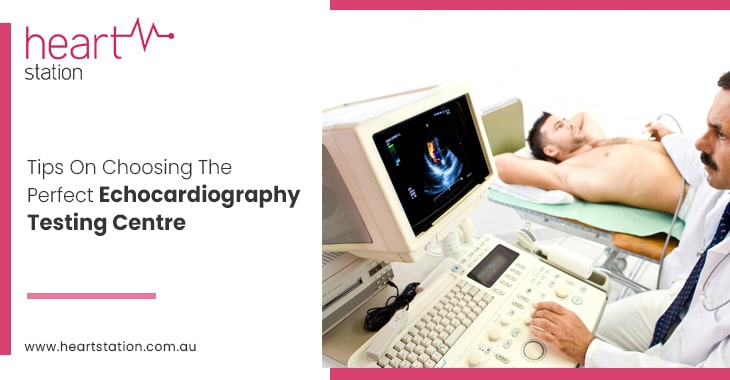
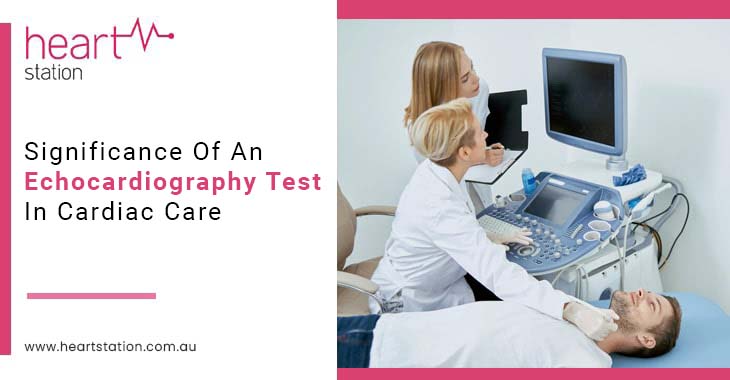
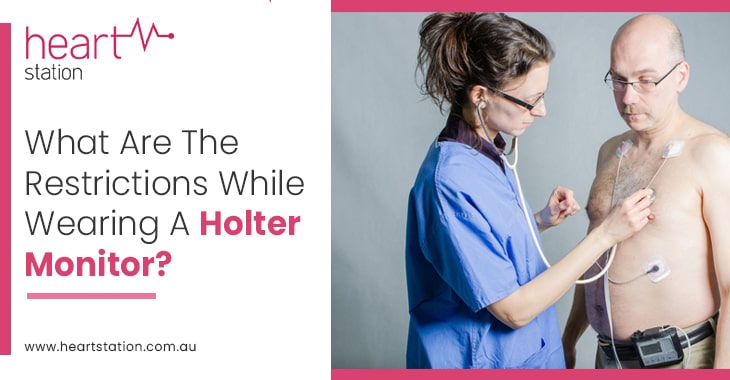
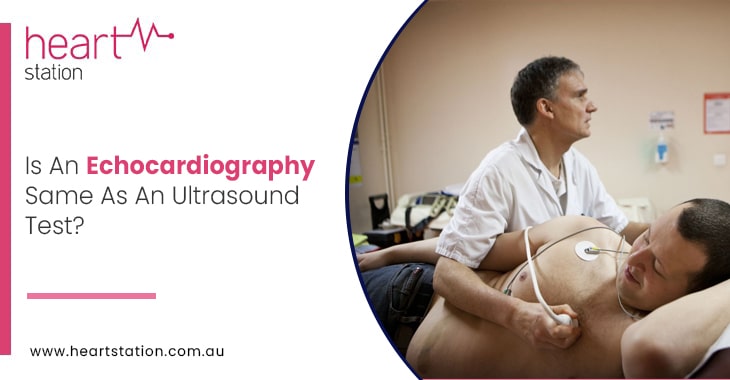
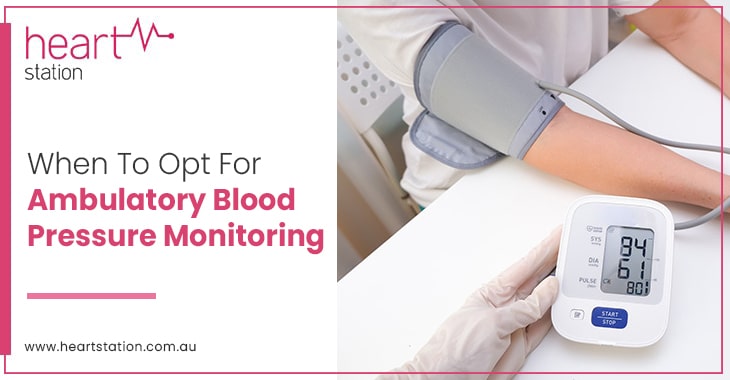
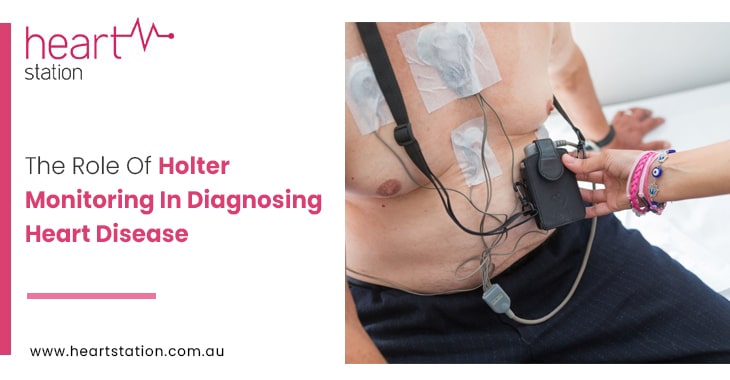
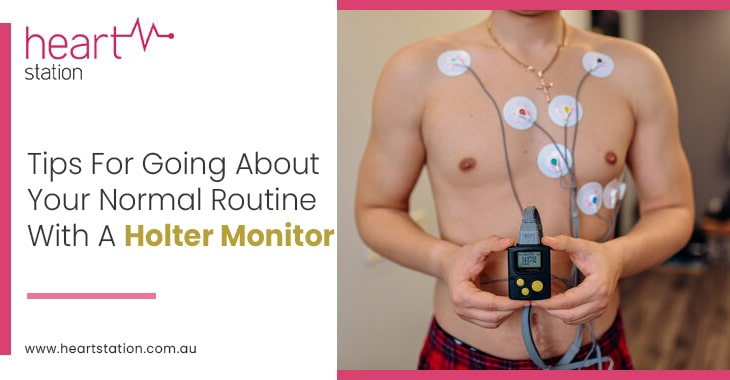
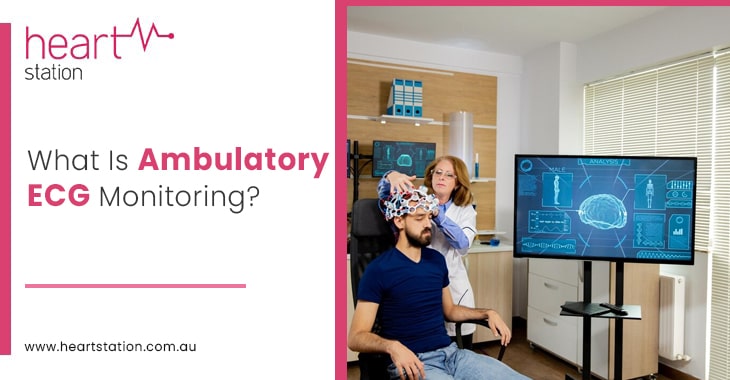
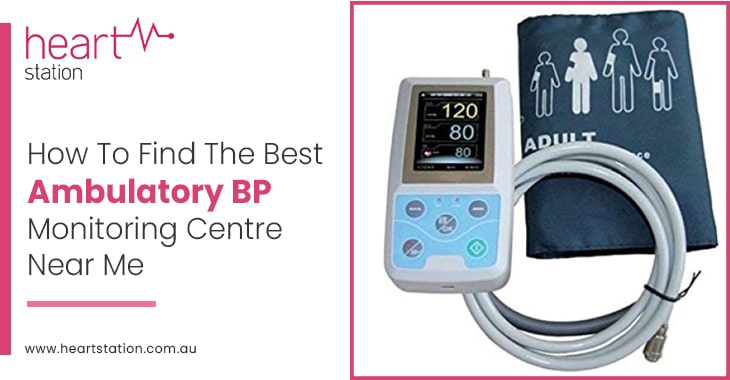
Recent Comments